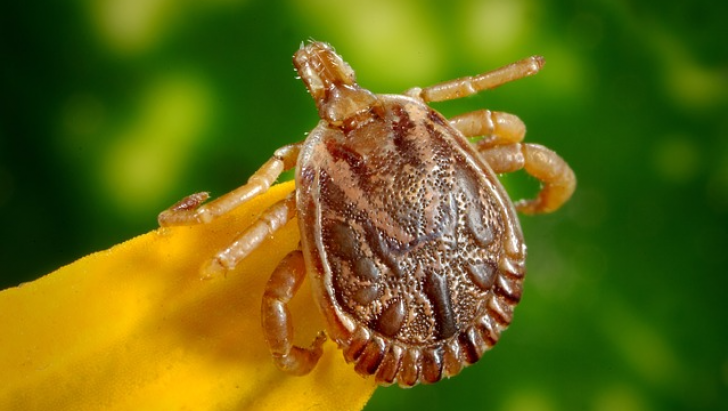Health
Tick saliva drug may help reduce HIV-linked heart disease risk

New York, Aug 31 : Scientists have developed an experimental drug from tick saliva that can hold a promise as a potential treatment for people living with HIV and at risk of developing heart disease.
It was known previously that people living with HIV have double the likelihood of developing heart disease.
In the new study, the researchers found that the increased heart disease risk is driven by an elevated number of immune cells called monocytes.
These express high levels of the "tissue factor" protein, associated with blood clotting and other inflammatory proteins in the blood from people with HIV, regardless of how well their infection was controlled.
Further, an experimental drug named Ixolaris, isolated from tick saliva and previously tested to treat blood clots in animals, was found to successfully reduce the inflammation in monkeys infected with SIV -- the primate form of HIV, the researchers explained.
"People are living long, fruitful lives with HIV thanks to tremendous strides in antiviral treatment regimens, however those lives are being cut short due to perplexingly high rates of heart disease," said Ivona Pandrea, Professor at the University of Pittsburgh, US.
"By uncovering one of the cellular mechanisms driving the heart disease, we can look for medications -- such as Ixolaris -- that specifically target and disrupt that mechanism," Pandrea added.
For the study, detailed in the journal Science Translational Medicine, the team tested blood samples from people without HIV, people with HIV whose infections were well-controlled by antiretroviral therapy, and people with HIV who were not on the medications.
The researchers then exposed the human blood samples to Ixolaris and observed that the drug blocked the activity of tissue factor.
When tested in a small group of monkeys during early HIV infection, the treatment significantly lowered the levels of inflammatory proteins linked to cardiovascular disease.
"This treatment has the potential to improve the clinical management of HIV-infected patients and help them to live longer, healthier lives with HIV," Pandrea said.
Ixolaris has not been tested in humans and the results could differ, the researchers cautioned.



































